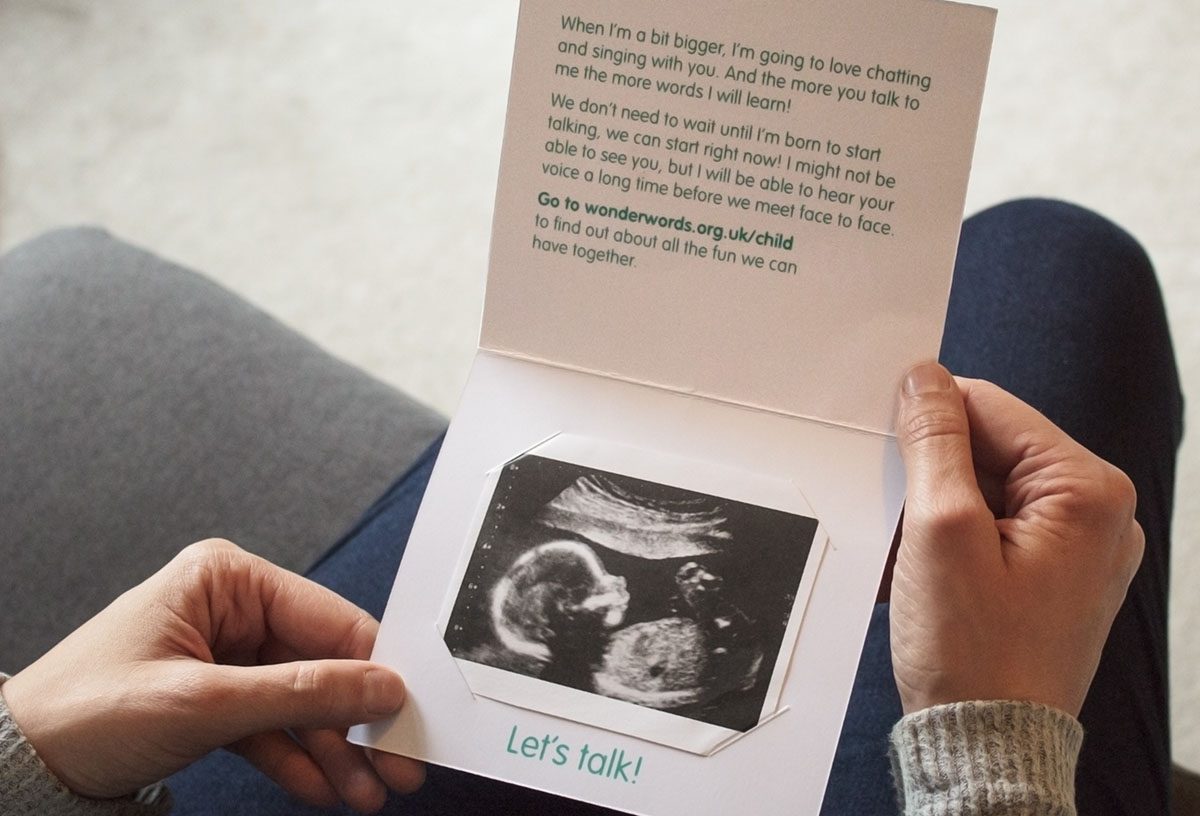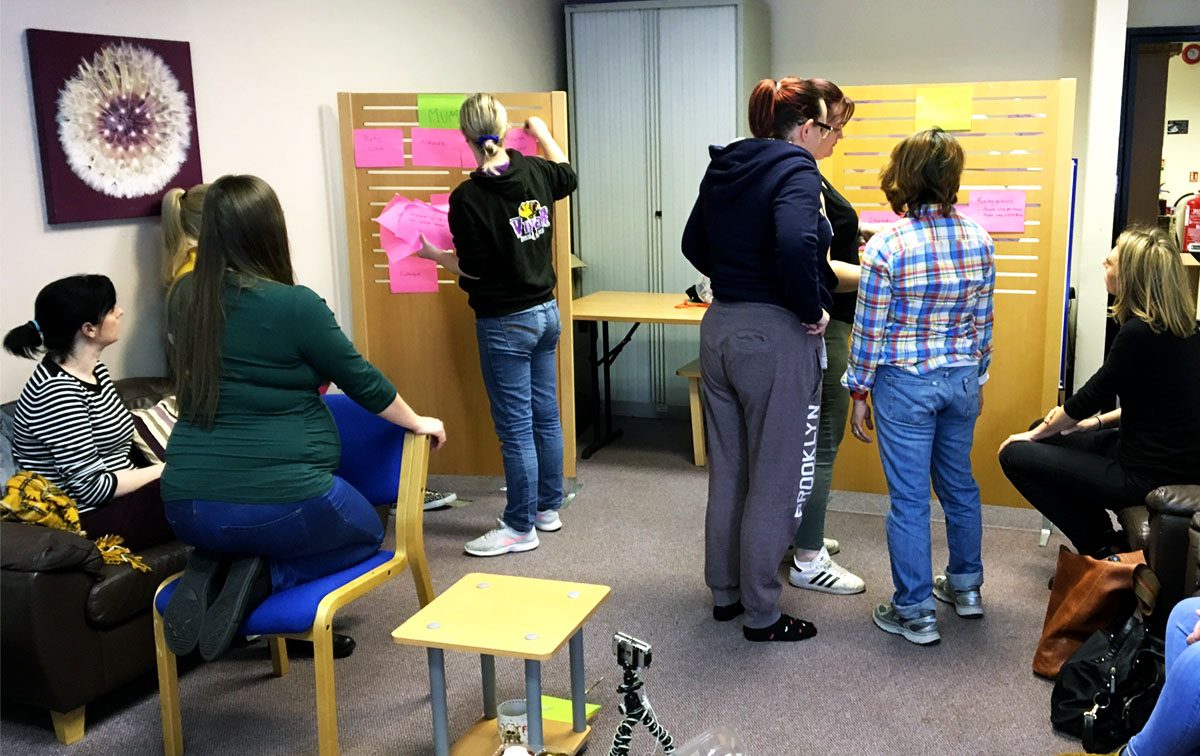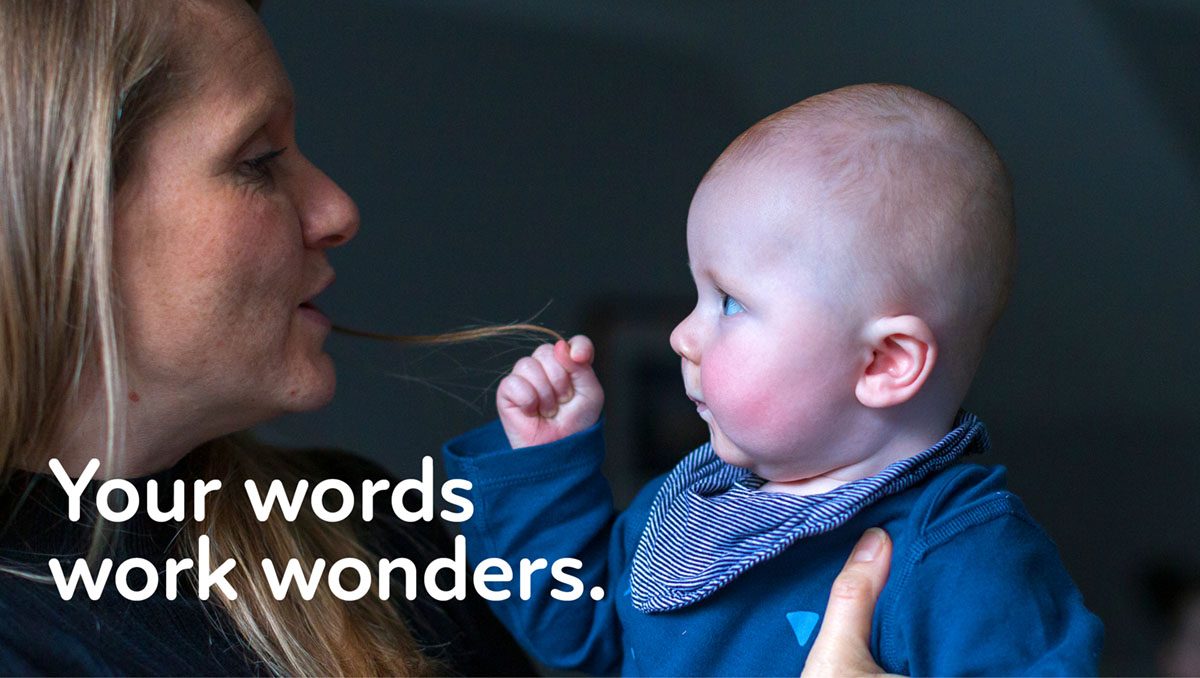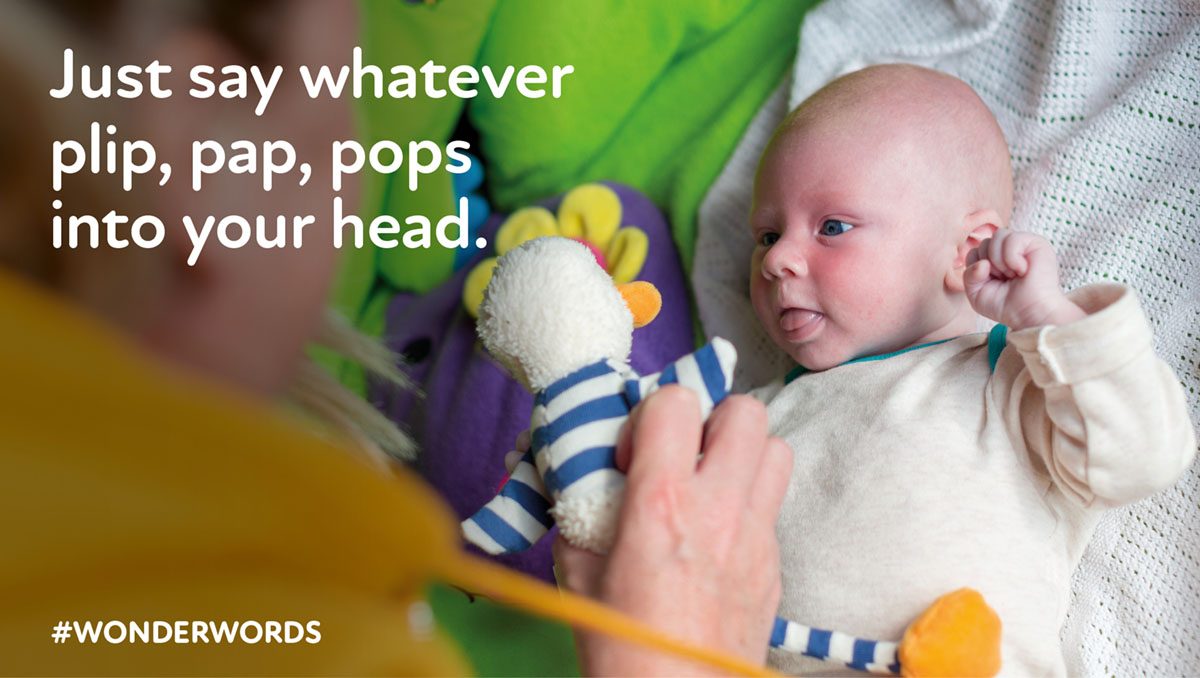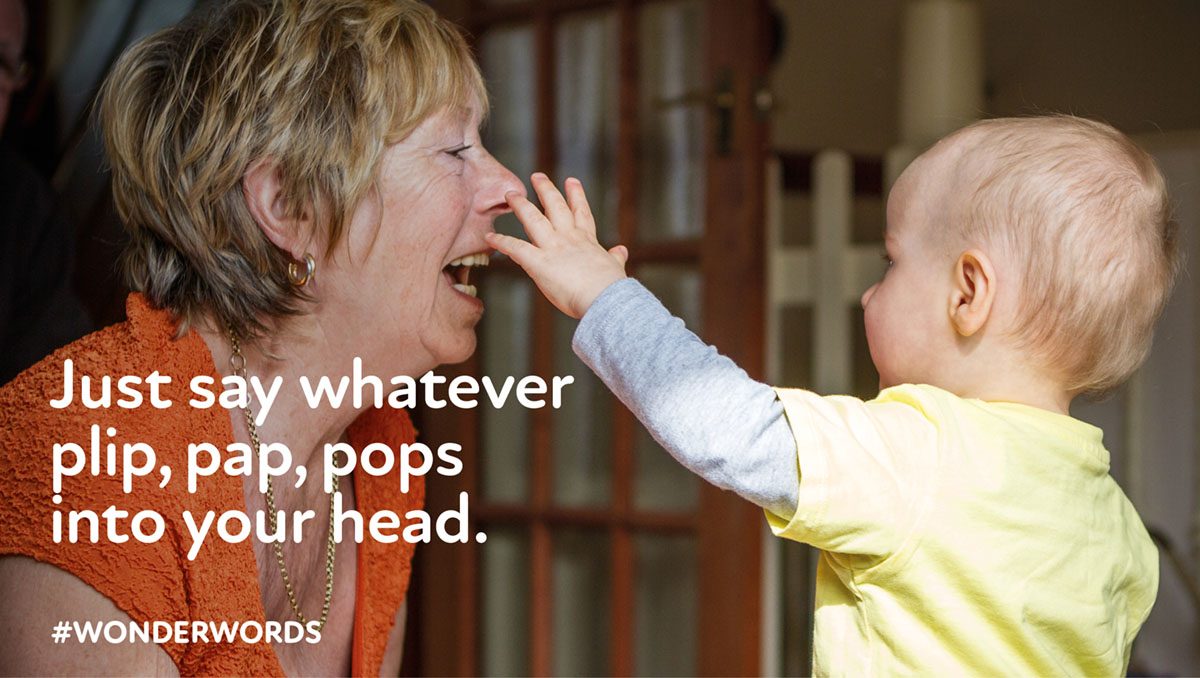Supporting early years literacy for Save The Children
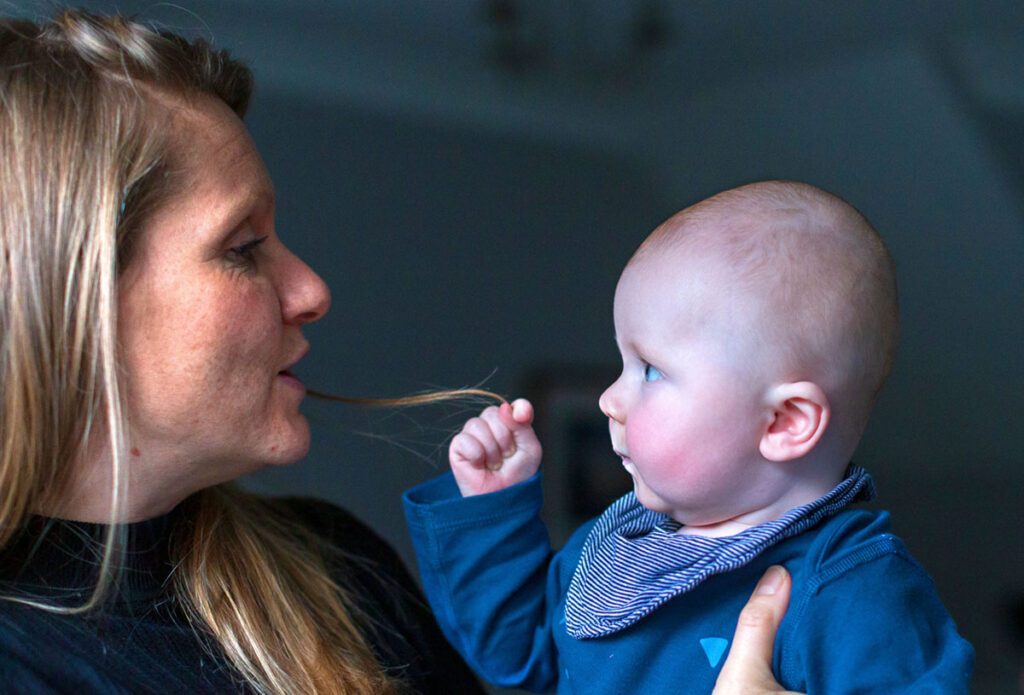
Children born into low-income families hear up to 30m fewer words than those born into middle class families. Lack of exposure to vocabulary in the first three years of life, affects language and social development and by the time children start school, it’s too late to catch up. Save The Children wanted innovative solutions.
In 2017, informed by academic research and language development experts, Claremont designed, produced, tested and refined a range of prototype interventions to encourage parents to sing, talk and play with their children more. We also ran a challenge event/hack day for innovators, designers and social housing architects to improve the cramped and chaotic environments that many children grow up in.
The rigorous and evidence-based approach helped the charity to attract a six-figure donation from Johnson & Johnson to continue the work as well as a multi-year partnership with high-street retailer Wilko. It has also helped the charity’s innovation team adopt a more agile way of working.
In 2019 we helped Save The Children take Wonderwords in a new direction by working directly with mums in East Belfast to co-create a behaviour change communications campaign. With a core message of ‘your words work wonders’ the new proposition is already being used by SureStart speech and language practitioners across Belfast and will form the basis of a new campaign for Northern Ireland.
In 2020 we worked with Save The Children to undertake rapid research among families in lockdown to gauge how they were faring – with surprisingly positive and optimistic results.
This report provides details of the results, including the following findings:
- Of those surveyed, the majority of children thrived during lockdown, with parents reporting improved eating habits, siblings learning and playing together, children reaching developmental milestones and generally adapting to the situation well.
During lockdown, parents continued to engage with East Belfast Sure Start in a remote capacity. In doing so, it was revealed that:
- Parents benefit from stimuli such as prompts, resources and the modelling of activities to provide them with the content, ideas and the confidence to carry out positive parenting behaviours. This type of support can come from both trusted practitioners and other parents and can be successfully delivered via social media and WhatsApp groups.
Wonder Words – Your Words Work Wonders Report 2021



